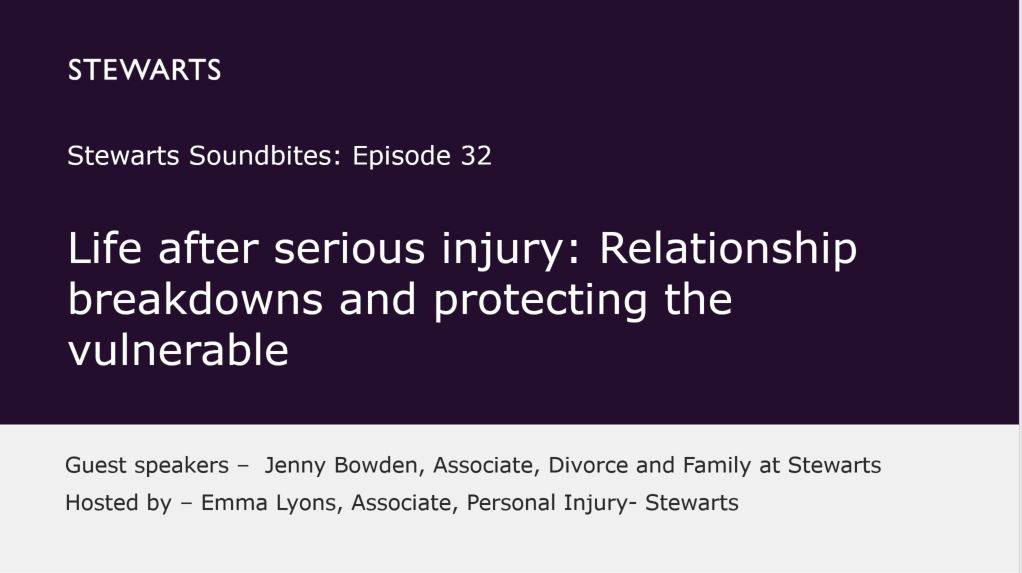Partner Debbie Chism, shares her advice on cohabitation agreements and what they mean, as part of the Tatler SOS Experts’ Corner. In this article, we delve into the subject of legal arrangements surrounding relationships.
Although most people are now familiar with the concept of prenuptial agreements, it is fair to say that ‘cohabitation agreements’ (aka ‘no-nups’) are less well known. Where couples are increasingly choosing to cohabit rather than marry, it must be time for cohabitation agreements to be given more publicity.
Even before the pandemic, cohabitation had risen between 1996 and 2020 by 137 per cent. Now, as a direct result of the restrictions imposed on family life by Covid-19, we have found that couples have sped up decisions to move in together. The time for cohabitation agreements has finally arrived.
What is a cohabitation agreement?
A cohabitation agreement can help couples successfully to navigate the financial dynamics of a relationship. It can record financial agreements and shared intentions to be relied upon, both during the relationship, and on its breakdown.
These agreements can also help to provide the forum for important discussions about how your partner might benefit from your property in the event of your death.
It’s crucially important to remember that while married couples have automatic financial claims on their spouse’s death, cohabiting couples do not, regardless of the length of their relationship or whether or not they have children.
There is no such thing as a ‘common law’ husband or wife – many couples are surprised by this and find out only in the most difficult of personal situations.
So why enter into a cohabitation agreement?
A cohabitation agreement can provide ongoing security to each individual in a relationship. If one partner is financially stronger than the other, discussing how certain outgoings (mortgage, restaurant, grocery bills, holidays) are going to be met can provide real reassurance. The financially stronger partner will also know that their generosity is not going to be taken advantage of in the long run – including, for example, by a claim that their home has suddenly become a shared asset.
Likewise, for the financially weaker partner, the agreement could provide a valuable financial security blanket when making life-changing decisions such as giving up a job, or relocating with a loved one.
A cohabitation agreement can be as granular or as general as a couple needs. Although most couples choose to sign up to confirm ownership of a shared home or to regulate their day to day finances, these agreements can go much wider. We have experience in helping couples to document how gifts will be dealt with following a break up or, even, arrangements for much loved pets as well as the division of household and personal items, including jewellery and artwork.
A cohabitation agreement can also put a useful marker in the ground. In our experience, couples who have lived together for a long time, only to marry and divorce shortly thereafter, are often surprised to know that the duration of a relationship on the breakdown of a marriage/partnership takes account of any pre-marital cohabitation. A cohabitation agreement could help you from sleep walking into an expensive divorce.
It is important to be aware that a cohabitation agreement is your best opportunity to introduce certainty as to how your financial affairs are organised if that is what you are looking for. A Parliamentary Committee is currently looking into what legislative changes are potentially needed to better protect the rights of cohabiting partners in the event of death or separation but any true legal reform in this area is a long way off.
Many former cohabitees unexpectedly find they have no rights or financial protection on the breakdown of a relationship.
If you are cohabiting and considering entering into a cohabitation agreement, it is worth bearing in mind:
- Your emotional health
Discussing these kinds of agreements with a partner can be difficult. The reality of your partner’s views on certain topics might surprise you (and not always in a good way). Whilst unpleasant, this might save you heartache down the line. - The ingredients of the agreement
Clarity is key. To strike the right balance, be open with your partner. It is important to think about what it is that you are trying to achieve by entering into this kind of agreement. It may be best to try to agree outline principles, before getting into the nitty gritty detail. - Seeking the right advice
Give as much thought to the mechanics of how you are going to pull those ingredients together. It is important to properly document any agreement. Off-hand messages in birthday cards, anniversary cards or text messages promising shared rights in a home (“I love you and this home is ours” etc) do not hold the ‘smoking gun’ that the movies infer they do. You will each need independent advice, particularly if the cohabitation agreement is intended to lay the foundations for a future prenuptial agreement.
Finally, putting a good word in for lawyers. Drawing up these agreements with lawyers does not necessarily mean vast expense or falling out over detail. There is a successful, constructive way that lawyers can help you work through everything together – using a collaborative law process (which can also be used effectively for pre nups and divorce).
Collaborative lawyers (who are trained family law specialists) will work with you as a team, problem-solving, being open and sorting out the agreement entirely within meetings together, avoiding mis-steps, crossed wires and expensive and unnecessary correspondence.
Read the full article on Tatler’s website here.
Find out more about Cohabitation agreements here
You can find further information regarding our expertise, experience and team on our Divorce and Family pages.
If you require assistance from our team, please contact us or alternatively request a call back from one of our lawyers by submitting this form.
Subscribe – In order to receive our news straight to your inbox, subscribe here. Our newsletters are sent no more than once a month.






